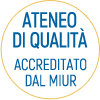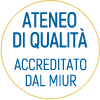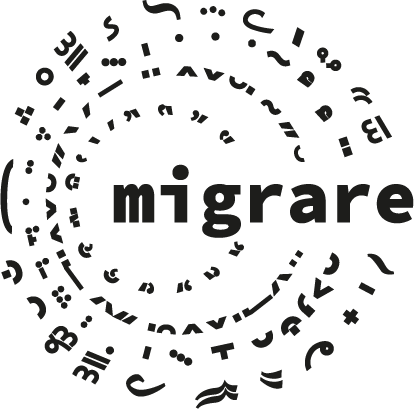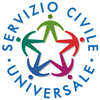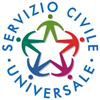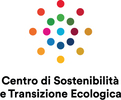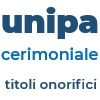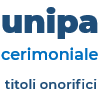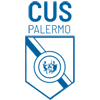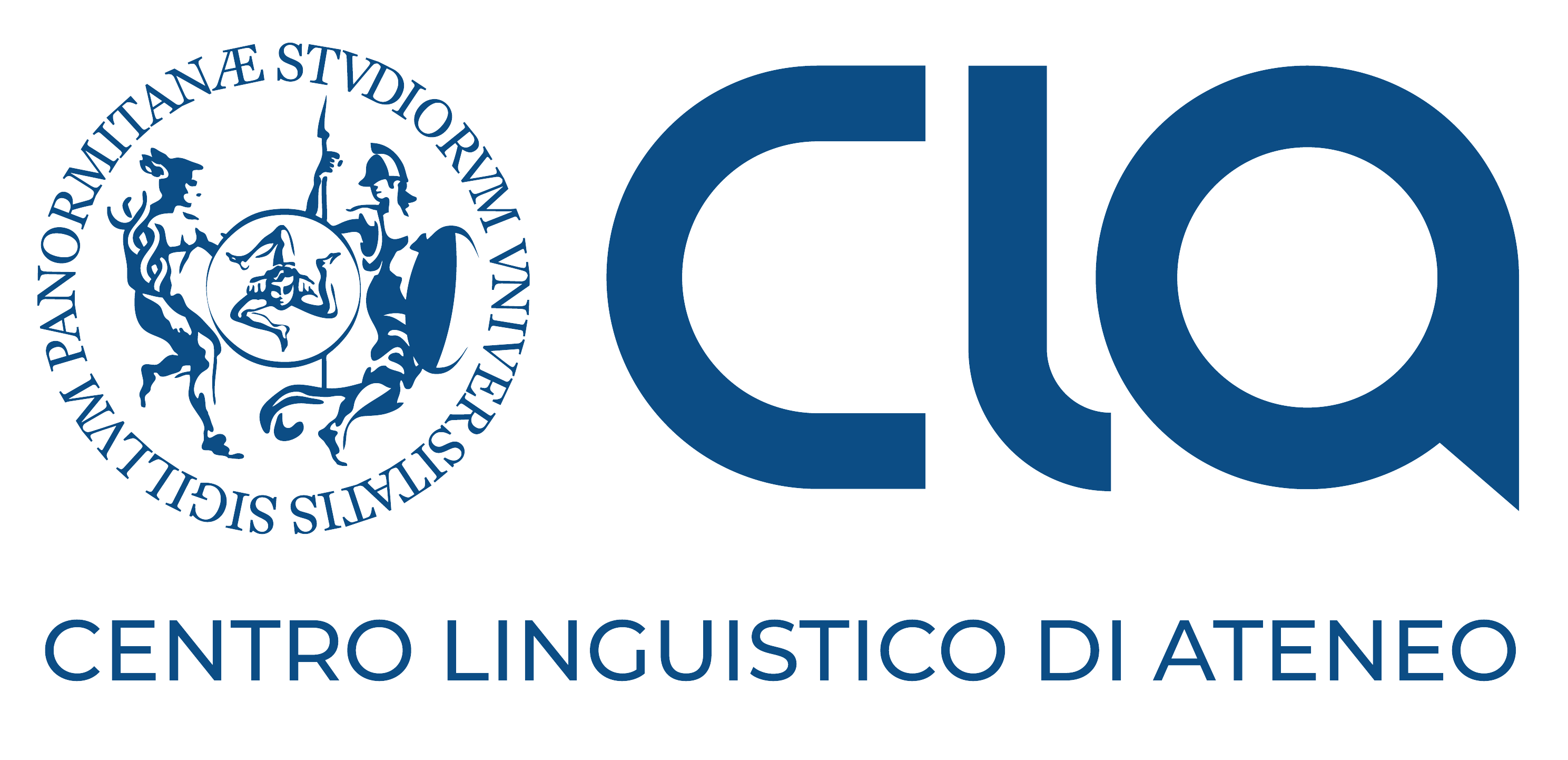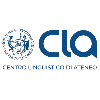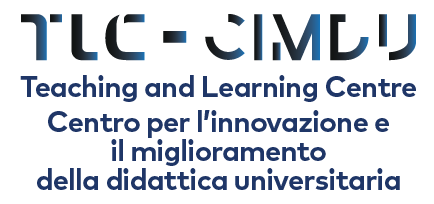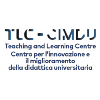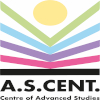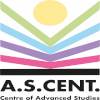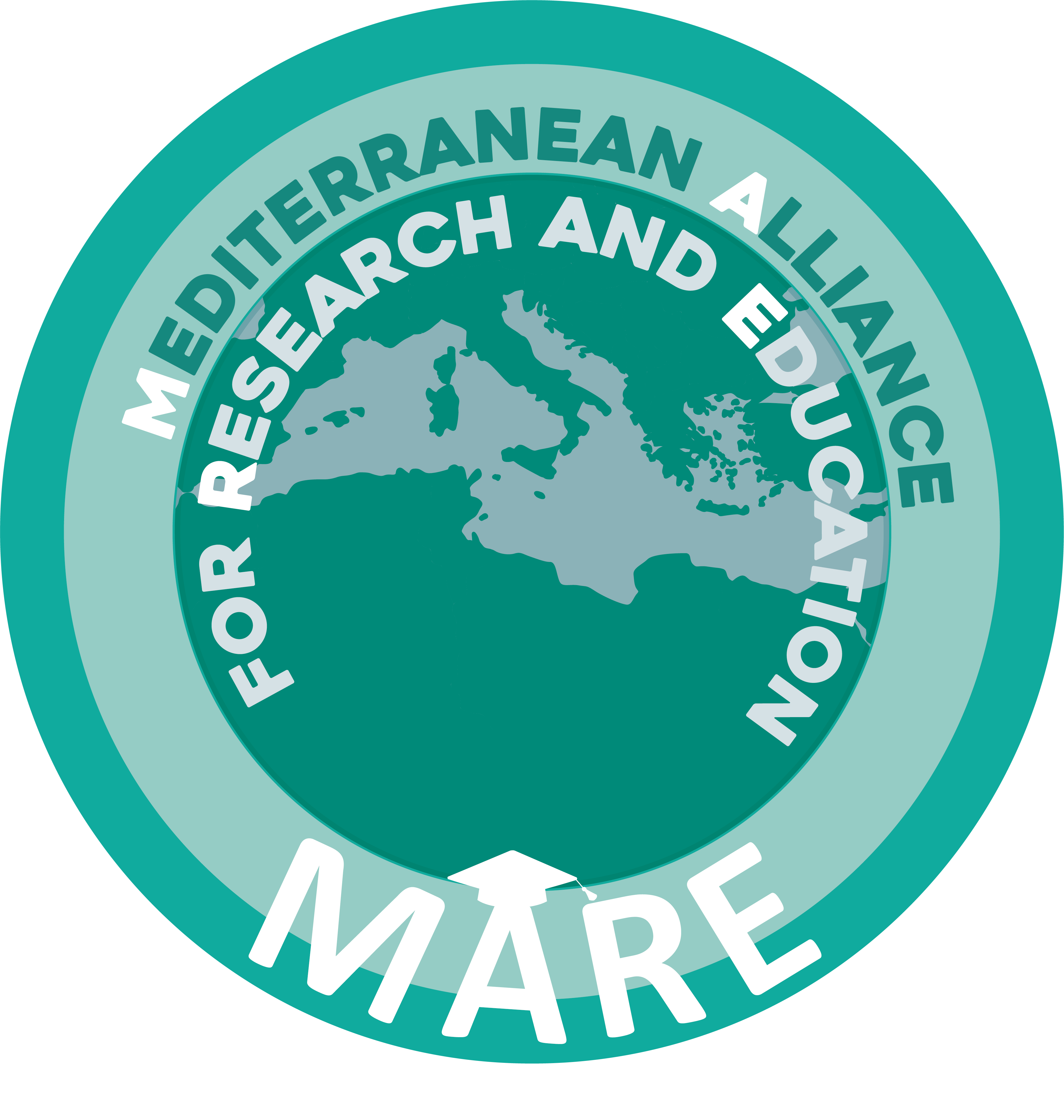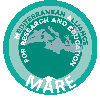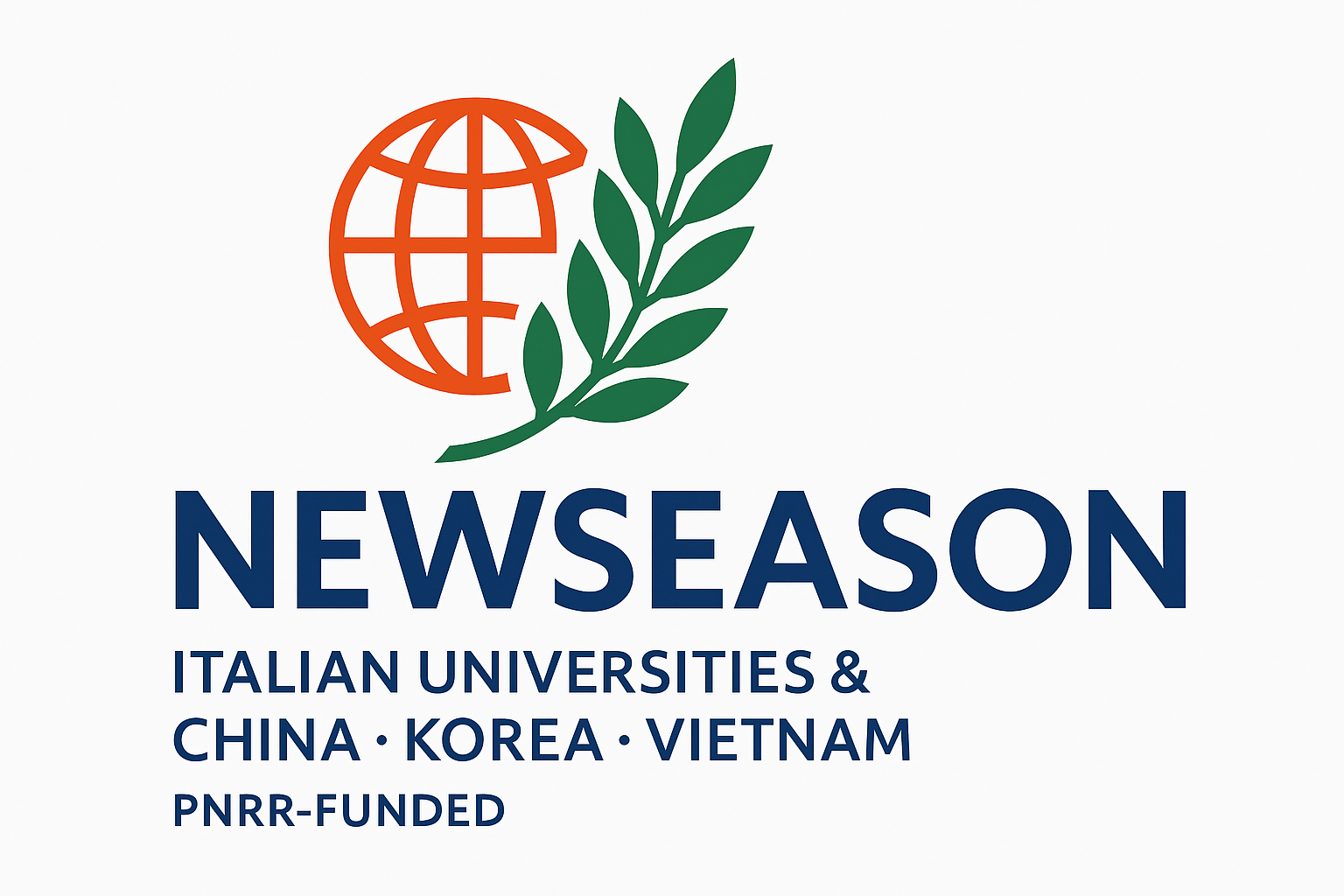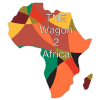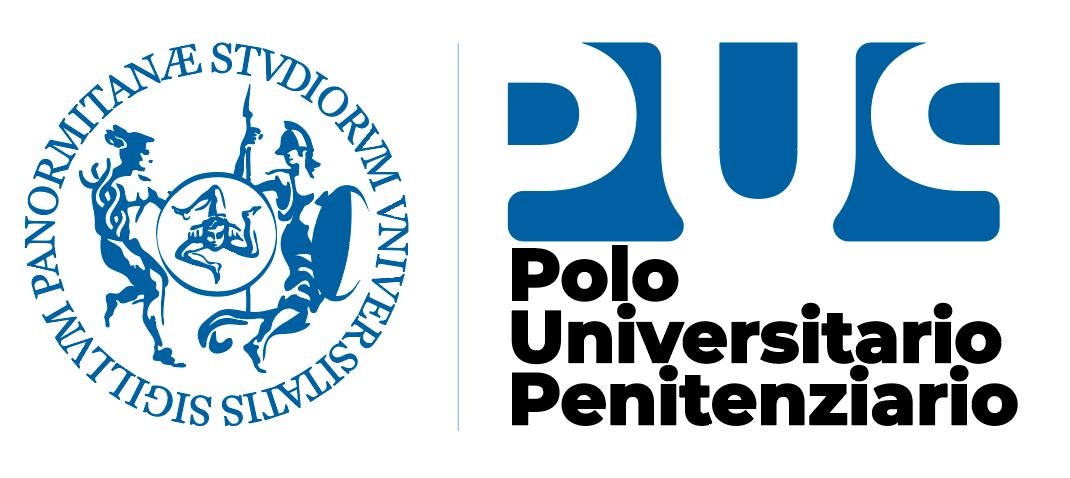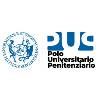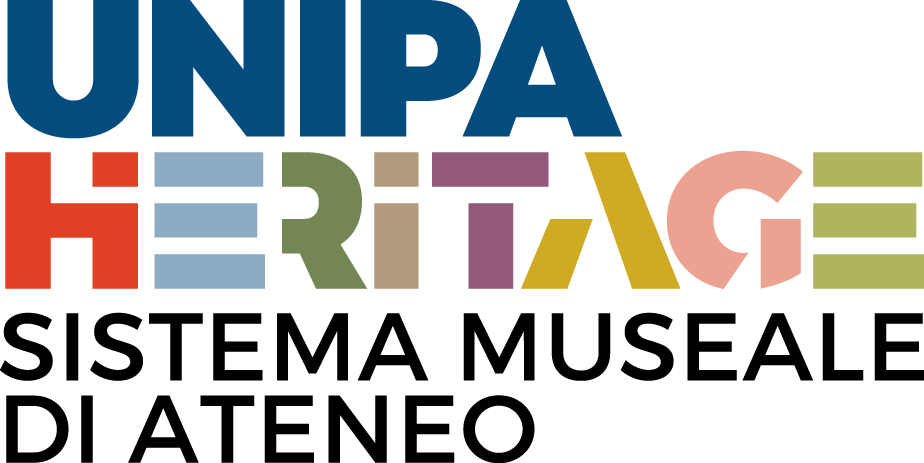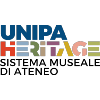Presentation and educational objectives (ENG)
The course program Ascolta
The PhD program is devoted to research on tangible cultural heritage, explored through a wide range of perspectives and areas of specialization:
- Archaeology,
- Art History,
- Archival Studies,
- Documentary Sources and Book Studies,
- History,
- Museology,
- Museum Communication and Education,
- Chemistry and Diagnostics of Cultural Heritage,
- Bioarchaeology and Paleoanthropology,
- Topography,
- Ecology and Landscape Archaeology,
- Digital Applications and Digitization,
- Virtual Archaeology.
The geographical scope of interest covers the Mediterranean area and, with regard to History and Art History, Italy and Europe (from the Middle Ages to the end of the Early Modern period).
The program aims to train scholars equipped with innovative, interdisciplinary methodological tools for contextual analysis, technical and material study, conservation, and the enhancement of archaeological, archival-historical, and artistic heritage, both within local contexts and in contemporary society. PhD candidates will acquire skills and experience in research and disciplinary practice (archaeology, including archaeometry/diagnostics, virtual archaeology and bioarchaeology; history and archival studies; art history and museology). Training is designed to consolidate methodological expertise and to combine rigorous investigation of cultural heritage with the development of applied competences, while introducing innovative knowledge related to methods of survey, diagnostics and data processing for study, conservation and musealization, territorial planning and preventive archaeology, as well as digital enhancement and heritage communication.
The program includes one semester of research abroad and one semester at institutions of the Italian Ministry of Culture and/or the Regional Department of Cultural Heritage of the Sicilian Region, such as superintendencies, museums, archaeological parks, archives, libraries, diocesan museums and archives, foundations, associations, and companies in the sector, as well as public administrations with offices and responsibilities related to cultural heritage.
Areas of Interest
Ascolta
- Archaeology, contexts, settlements and territories, art history and ancient architecture, material culture, landscape archaeology and topography, bioarchaeology,
- Medieval and Modern History, documents and texts, archives and libraries,
Art History, Museology and Collections,
- Methods of investigation and documentation, diagnostics and characterization of finds and artifacts, study of techniques and productions, data management,
- Heritage education, enhancement.
Art History, Museology and Collections,
Career Opportunities Ascolta
PhD candidates will be trained both in basic research and in applied research addressing the protection, conservation, musealization, enhancement, and communication of archaeological, archival-historical, and art-historical heritage.
PhD graduates will be able to work as researchers, managers, qualified experts, and professionals in public and private institutions in the field of cultural heritage. They will be eligible to undertake the roles reserved for first-tier professional figures (archaeologist, physical anthropologist, archivist, librarian, expert in diagnostics and in sciences and technologies applied to cultural heritage, art historian), in accordance with the doctoral training pathway (as defined by Ministerial Decree 244/2019). Alternatively, they may establish highly specialized entrepreneurial ventures in the cultural heritage sector, offering services such as conservation, public use and enhancement of archaeological sites, monumental complexes, museum collections, archives and libraries; cultural and environmental heritage management; development of initiatives dedicated to the sustainable enhancement of cultural heritage; tourism planning; and territorial planning.
PhD graduates already employed in schools, public and private cultural heritage institutions, public administrations, and companies will apply the research and innovation skills acquired through the program to their respective professional fields.




